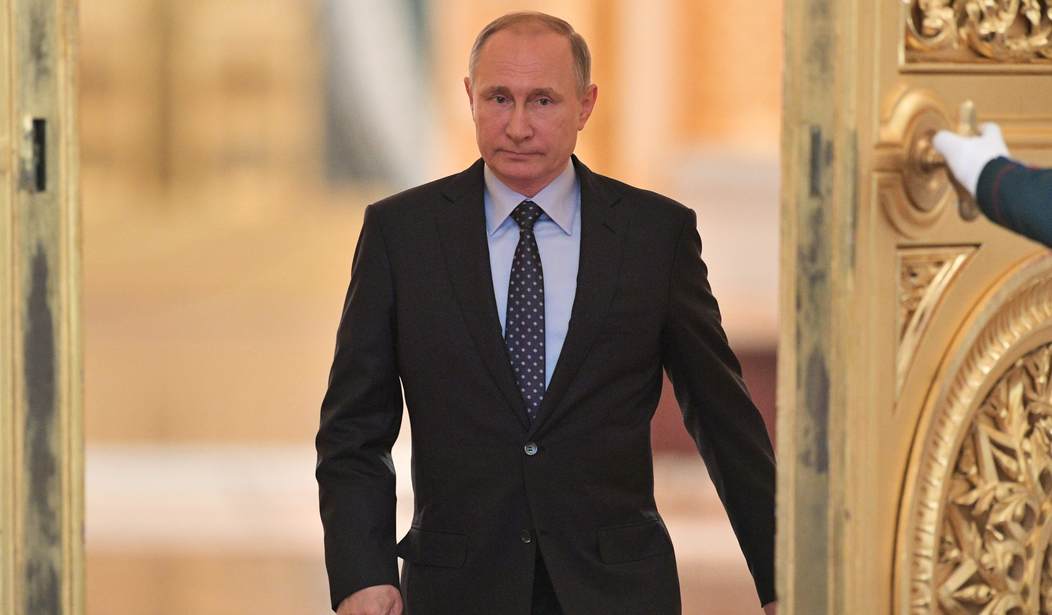Virtual private networks, also known as VPNs, have been in the news these past several days. VPNs allow people to surf the web anonymously by going through private websites that hide your identity and prevent you from being tracked. While useful for surfing privately, it’s also a way to avoid government censors that prohibit their citizens from visiting certain sites that might be critical of the government.
For example, when traveling to China, visitors are often surprised they can’t access certain websites such as Google, the New York Times, Facebook, BBC, Reuters, Twitter, YouTube, and many others that they’re used to visiting back home. The blockage is intended to prevent Chinese citizens from accessing these sites as part of the government’s effort to prevent access to news and information that they don’t want their citizens to see. While this has been going on for years, enforcement was lax until the election of President Xi Jinping.
Now we can add Russia to the list of countries preventing access to websites they don’t want their citizens to read. On July 29 President Vladimir Putin signed a law that prohibits VPNs and other technology that allows access to government-banned websites.
The law was first approved by the lower house of parliament and bans VPNs and other technologies, known as anonymizers, that let people surf the web anonymously. It takes effect November 1.
Leonid Levin, a spokesman for the house of parliament, said the law is not intended to impose restrictions on law-abiding citizens but is intended to block access to “unlawful content.”
Human rights groups have accused Russia of infringing on their citizens’ civil liberties, and accuse the government of banning websites that criticize the government.
And in recent days China has also banned the sale of apps that provide VPN services on phones and tablets. That means these VPN providers will not be able to offer their apps in China. Apple has agreed to the demands of the Chinese government to remove about 60 VPNs from its Chinese App Store.
Apple said, “We have been required to remove some VPN apps in China that do not meet the new regulations. These apps remain available in all other markets where we do business.”
A spokesman for one VPN provider, ExpressVPN, said, “We’re disappointed in this development, as it represents the most drastic measure the Chinese government has taken to block the use of VPNs to date, and we are troubled to see Apple aiding China’s censorship efforts. ExpressVPN strongly condemns these measures, which threaten free speech and civil liberties.”
Apple’s motivation is to remain in good graces with the Chinese government since China is one the fastest growing markets for their iPhones and employs hundreds of thousands of workers in the factories that build their products.
There’s an irony here that does not reflect well on Apple or its CEO, Tim Cook,
When the Federal Bureau of Investigation made a demand of Apple to access a dead terrorist’s iPhone, Apple and Tim Cook forcefully resisted, arguing that they had a moral responsibility to protect their customers’ privacy. Just before a showdown in court, the FBI rescinded its request. But in the case of China, Apple has made no criticism of the government and simply acquiesced.








Join the conversation as a VIP Member